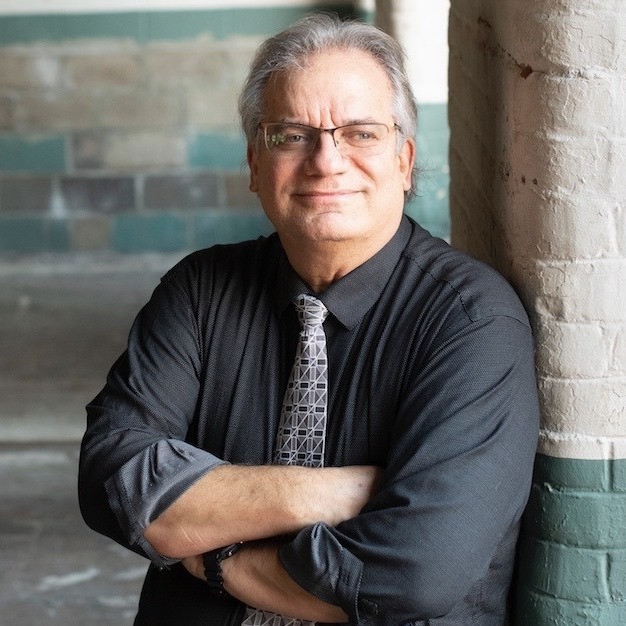Opinion: What Is the Optimal Housing Density for a Town Like Amherst?

Photo: Public Domain Picures. Public Domain
It seems to be conventional wisdom that Amherst, and Massachusetts, and the United States have a housing shortage.

It is commonly considered a supply and demand problem, where a housing supply constrained by zoning will be exclusive and unaffordable, so more density and relaxed zoning are needed to ease pricing.
In expert articles on this topic, it’s explained that a “housing shortage” is defined as the difference between (i) the number of homes that would be constructed absent supply constraints, and (ii) the actual number of homes in the market.
So, in a situation where the actual demand is an unknown (or thought to be infinite),there may be overdevelopment, not knowing when enough is enough.
I think that’s what’s happening in Amherst these days. Wherever you might stick a 5-story private dorm, you will. And all that new construction would approach “the number of homes that would be constructed absent supply constraints” and therefore the housing shortage would be figured as the difference between what we have now and what we would have if all developers were permitted to build as much as they like.
But that would not be the actual housing shortage if (a) the predicted decline in college enrollment happens (predicted by UMass president Marty Meehan, but also by many economists) or (b) the Town of Amherst is “full enough” meaning we are approaching a condition known to mice as “overcrowding.”
I understand that Amherst is far less dense than a major city, and that some studies show humans are happier in cities. But we are not really a city and cannot absorb the density of a city. And some people are happier only visiting dense cities (but not living in them).
I cannot imagine Amherst ever just closing the barn doors and am not suggesting it. But it does seem kind of important – when strategizing growth and development – to know how full we are. And if we decide that there’s no such thing as full, how are we going to cope with the problems of not knowing we are full?
Ira Bryck has lived in Amherst since 1993, ran the Family Business Center for 25 years, hosted the “Western Mass. Business Show” on WHMP for seven years, now coaches business leaders, and is a big fan of Amherst’s downtown.
